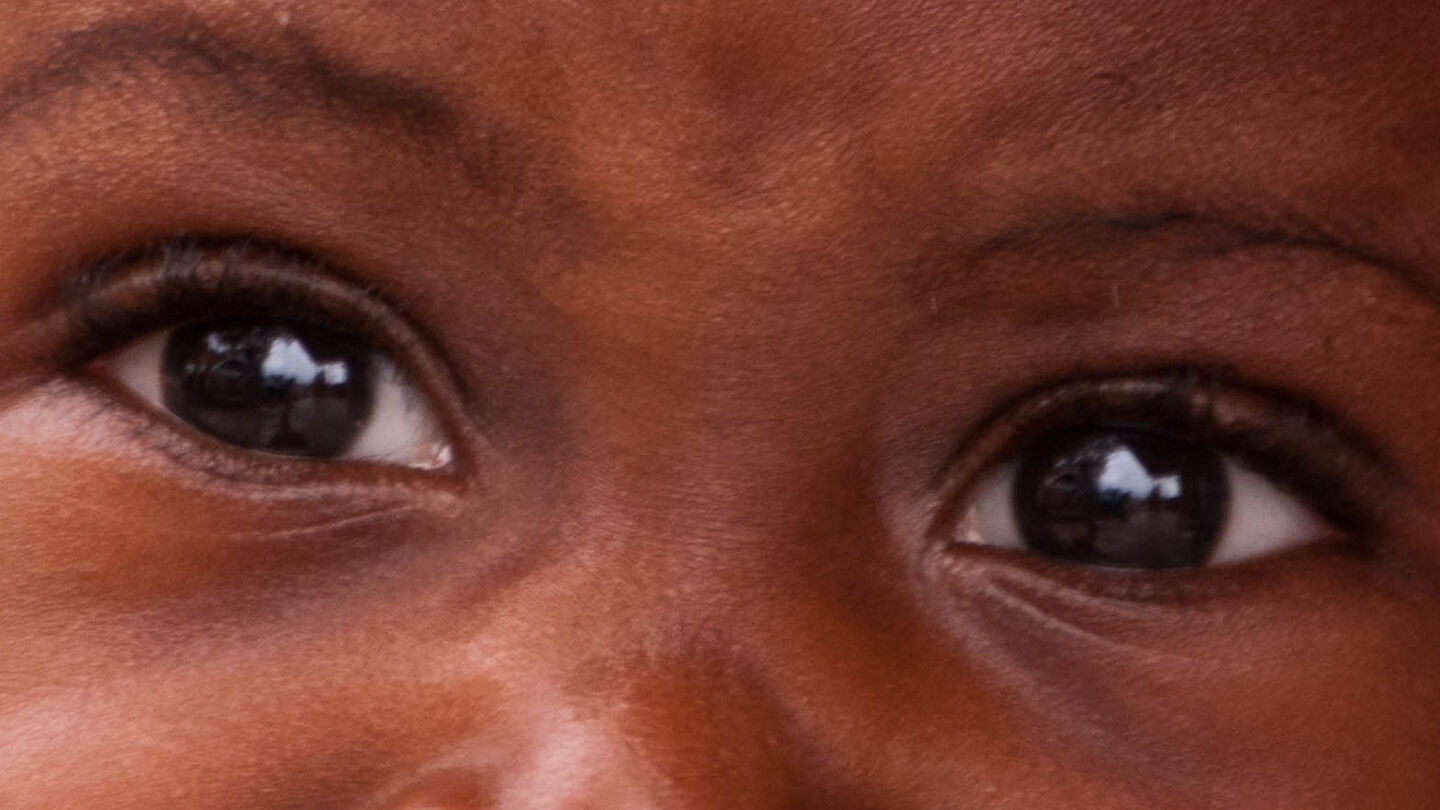In the course of our questioning or meditation, depending on the moment in our lives, we are sometimes tempted to ask ourselves about the meaning of life as a migration or even about our ultimate migration which is common to all: the passage through death.
As Dietrich Bonhoeffer suggests in his poem on Death: “Freedom, we have long sought you, in discipline, action and suffering. Dying, we recognise you in the face of God”. “This is the end for me, the beginning of life”.
So, how do we receive, perceive our migrations and, especially, if we have the time or the desire, what vision to carry to this door that opens from life to...?
For many, carried by their conviction, it is a question of glimpsing a path of hope beyond the darkness that we could easily imagine: the vision of The Light... of the « blind » who would somehow come out of human darkness and whose eyes would see; what an unspeakable migration!
At the heart of these knots: migration, life, death, another space would then emerge, another dimension... another vision invisible to our free eyes of today.
Is this not the idea of salvation that many of us hold dear and that Dietrich Bonhoeffer perhaps calls “Freedom”, which, in fact, would be given back to all of us, through the passage of Death, when the time comes.
So, whatever some scientists may say, blinded by their over-enthusiasm for science, religious to the core, eternity remains mysteriously beyond. Our “unconverted” eyes of today do not (yet) know how to perceive the light that will come; it is still too dazzling for us, or it is invisible to our closed eyes.
As Dietrich Bonhoeffer invites us to do, it is a question of maintaining within ourselves and, perhaps, beyond ourselves (a question of faith, you might say?) a discipline of the arcane that is understood as a cantus firmus of the unexpected: our migrations, whether constrained or not, temporal or spiritual (if these categories still want to mean something) are neither vain nor complete in the teleological sense of the term.
In a way, “if an Other wills it”, let everything happen in the image of our migrations and our visions which, from moment to moment, live and live and stare at us in the sense of an unveiling of Meaning.


